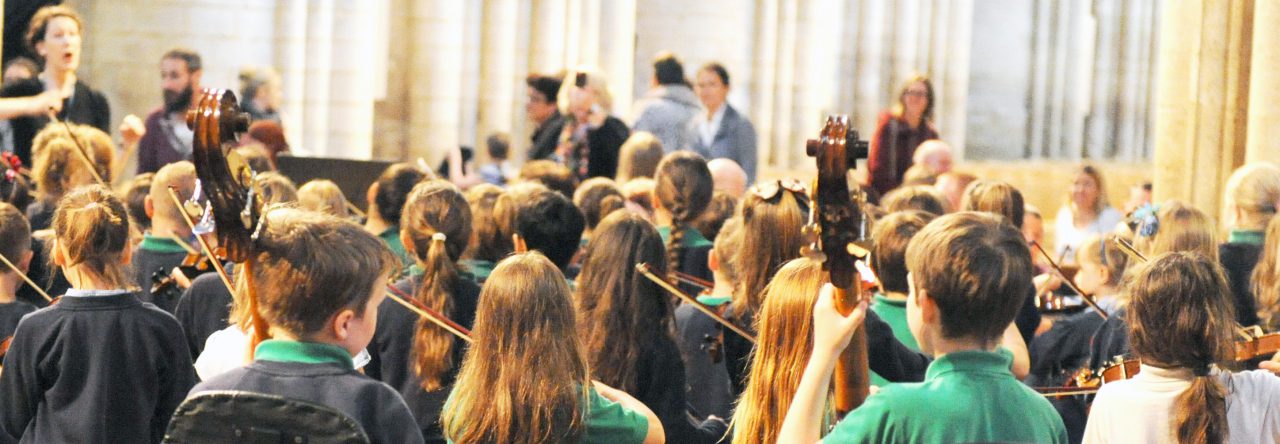After the rhetoric of the Westminster Forum,
free from the hub-bub of music education’s status anxiety,
away from the rhetoric of its cloying advocacy
and its injunction to puppetier each child: ‘I am a musician’
I thought I would quietly ask:
Why is it that we have so little sense of how the subject named music is grounded, the nature of its disciplinary framework, its ontos?
How it might be educational and not simply participatory?
How might it stand up to, resist and see off a swirrling marketplace of ideas, snakeoil salesmen, innovation voyers, packages of what to do. And the debilitating discourse of technical rationality reducing the richness of classroom relationships to edubable and the chant-rant ‘watch my lips-there are no sub-levels’?
A start might be to ask the kind of questions not heard at those forums purporting to further the cause of music education. They are straightforward questions that might give what we do in the name of music education an ethical trajectory in which the music teacher in tandem with the pupil has great responsibility – responsibility for the way music is made and thought about – responsibility for the meanings that are made through music-making together.
Some questions:
1. How do I decide what to teach?
2. What questions will this raise for my pupils?
4. What questions will it raise for me the teacher?
5. How will it tell more about how music is made?
6. How will it make sense of music as a social-cultural practice?
7. How will it help us better understand what music is?
8. How will we together evaluate the worth of what we have experienced and come to know?
9. How can we progress from here?
Responsibility, not accountability.

Thanks for this, John,
You are right of course to raise these points and ask these questions.
I don’t think asking them at the WEF would have helped get answers, but through our professional associations this is exactly what we are trying to do. We have to address ‘music’ on many fronts.
I see it as our responsibility as a profession to reach out with questions such as yours below to our fellow professional music educators. The questions I would ask in addition are:
· How do we reach our colleagues? And
· How do we help those who need support in finding answers?
I will continue, through MEC, to try to bring these issues to the attention of our colleagues, looking inwards to the profession, whilst also looking outwards to secure the best funding and structures to enable colleagues to implement the answers so that ultimately all young people benefit.
With every good wish for Christmas and the New Year.
Dick
Thank you Dick for the comment. I don’t get very many! See below for an idea for MEC to consider.
Best wishes for Christmas.
John
John is most able to speak for himself, but I wonder whether he might wish for his questions to be asked ‘outwardly’ as well as ‘inwardly’? Structures and funding are invariably linked to how music is taught, what is taught, questions of musical value and the relationship between teacher-learner-‘knowledge’. There’s no such thing as a free lunch. Funding almost always carries with it an ethical, musical and ideological price tag- and the key question is whether it is a price we wish to pay. This is the question as a community we should be considering ( led by MEC) but it is a question that is rarely asked.
All best wishes, Gary
Yes John! Thankyou! Very refreshing – and inspirational! Thankyou for this list of questions too! Working a lot with year 8 on the role of the ‘thinking musician’ and this struck lots of bells!
Lizzie, inspiration to me too. ‘The thinking musician’. This sounds interesting and I am thinking it might be the way we think about ‘rigour’ in music education.